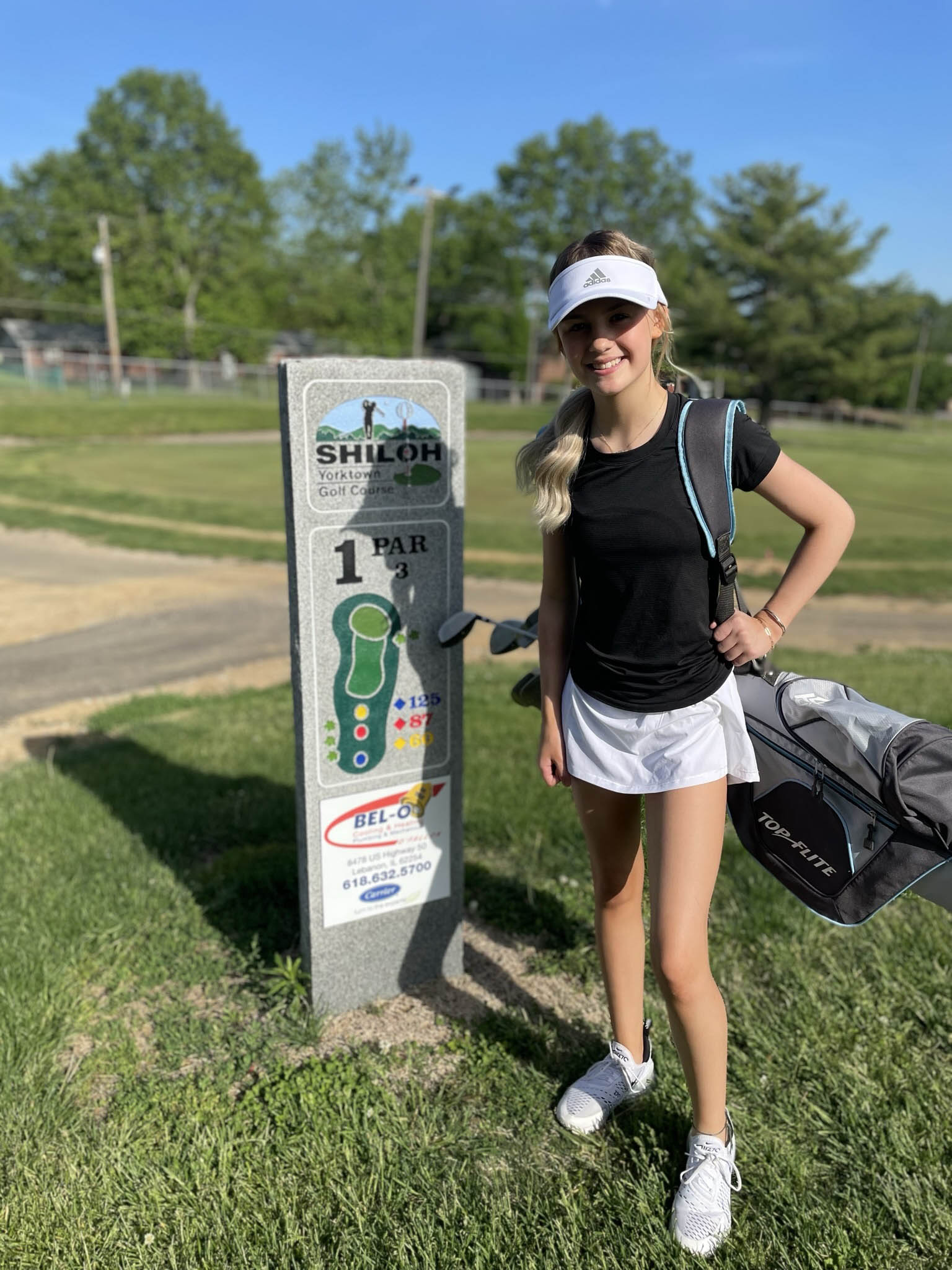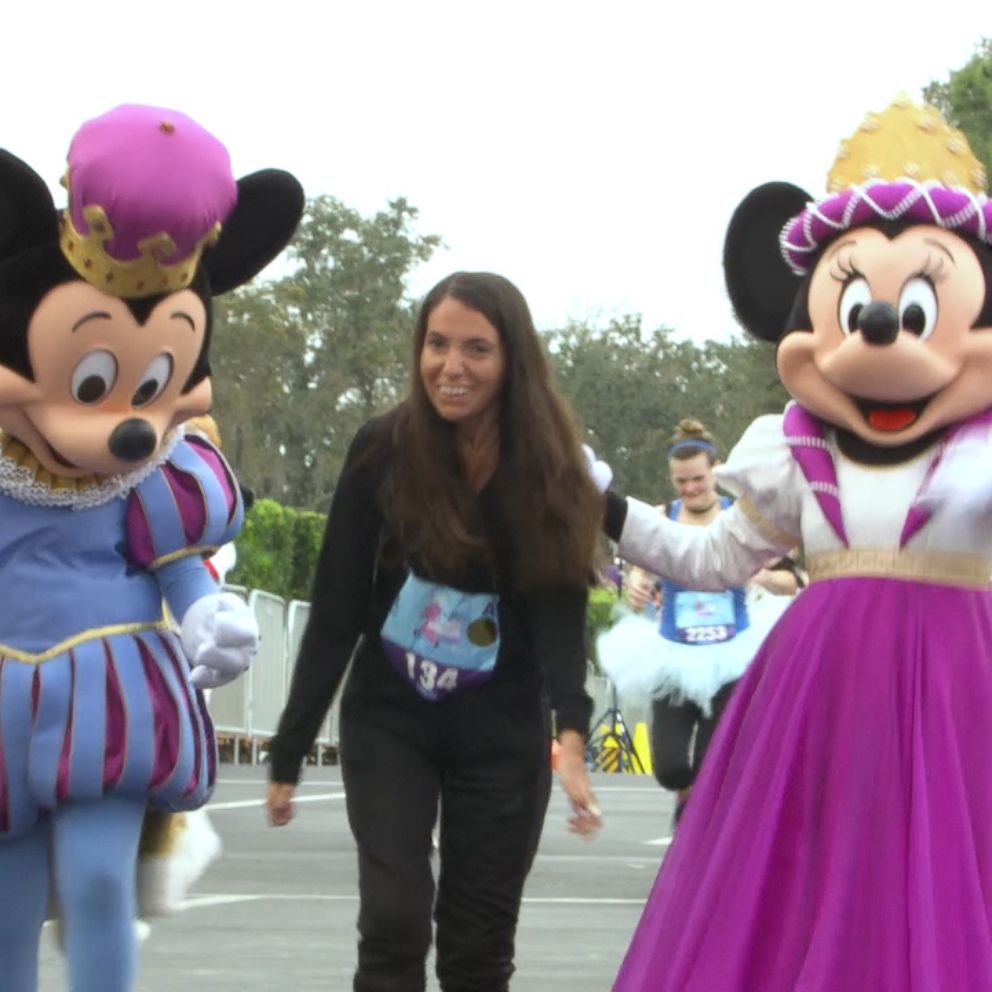Mom fights for teen daughter battling same disease as Celine Dion
An Illinois mom is opening up about how she advocated for her teenage daughter to get the correct diagnosis and treatment she needed after she started experiencing life-changing symptoms over a year ago.
Lindsey Sutherland told "Good Morning America" her daughter Ayli started having unusual symptoms, such as a stiff hand, trouble walking and hallucinations, after she underwent jaw surgery.
"She did not know us. She was seeing things," Sutherland recalled.

The symptoms were aggressive, according to Sutherland, and kept getting worse, leading to seizures, tics and parts of her 14-year-old daughter's body freezing in place.
For months, doctors couldn't figure out what was wrong.
At times, Sutherland said her daughter's behavior was psychotic.
"This was not my child anymore. It was like she wasn't even in there," Sutherland said.
Eventually, a friend of Sutherland's told her Ayli's symptoms reminded them of a movie called "Brain on Fire," which recounts the true story of a young woman with psychotic episodes and seizures who was diagnosed with autoimmune encephalitis, a condition where the immune system attacks the brain.
"It was that story almost to a T. And so I thought, 'OK, what do I have to lose? I'm calling those doctors from that movie,'" Sutherland said. "I begged and I said, 'Please just see my child.'"

Doctors eventually diagnosed Ayli with both autoimmune encephalitis and stiff person syndrome, another rare debilitating disorder that iconic singer Celine Dion revealed she had last December. They think stress from Ayli's jaw surgery may have set off her autoimmune encephalitis.
At Northwell Health's Lenox Hill Hospital in New York, pediatric neurologist Dr. Juliann Paolicchi started treating Ayli with a couple medications, including steroids.
"The effect was miraculous," Paolicchi told "GMA."
"Our child was starting to come back to us. She could walk down the hall by herself," Sutherland added.

Paolicchi said the right treatment for Ayli was like night and day.
"It was so striking that it was almost challenging to believe from a medical perspective," Paolicchi said.
Although there is currently no cure for either autoimmune encephalitis or stiff person syndrome, Ayli's symptoms are now under better control with the appropriate medications.
Ayli has now also returned to school and is looking ahead to her future.
"I've always wanted to work in the medical field but I think now, I'm leaning more towards helping patients that have this," the 14-year-old said, referring to her conditions.
Sutherland said she encourages other parents to fight for and advocate for their kids' care.
"If something's not right in your gut, keep fighting," Sutherland said. "Don't stop."







